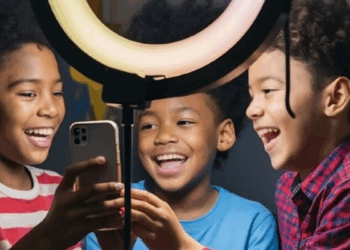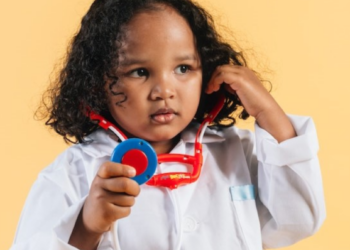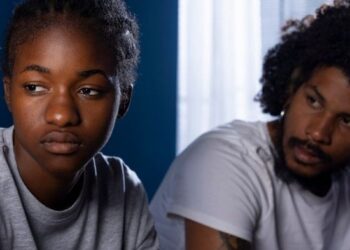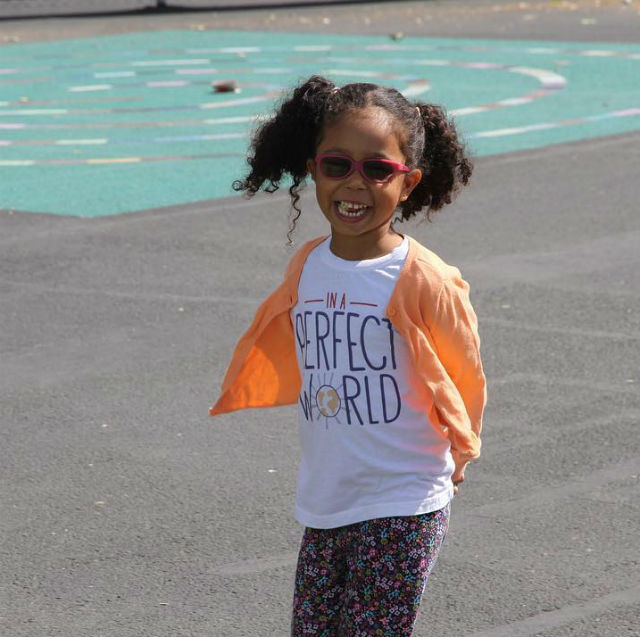The Georgetown Law Center on Poverty and Inequality recently conducted a research study about how Black girls, of various ages, are viewed by adults, and the results are staggering, as the data reveals that Black girls as more adult-like and less innocent than their white counterparts by many adults.
In the study, 325 adults from various racial, ethnic and educational backgrounds, were surveyed as to their beliefs and thoughts surrounding a myriad of stereotypes that Black women and girls are labeled with.
“These results that Black girls are viewed as more adult than their white peers at almost all stages of childhood, beginning most significantly at the age of 5, peaking during the ages of 10 to 14, and continuing during the ages of 15 to 19,” the study report stated. “In essence, adults appear to place distinct views and exceptions on Black girls that characterize them as developmentally older thank their white peers, especially in mid-childhood and early adolescence-critical periods for healthy identity development.”
Some of the most significant conclusions that were made in the research study were that Black girls need less protection and need to be comforted less; Black girls need to be supported less; Black girls are more independent; Black girls know more about sex and other topics.
In response, Rebecca Epstein, lead author of the study said, “these are preschool girls who are being viewed as needing less protection and needing less nurturing than their white counterparts. At that age, I find that shocking.”
Dr. Monique W. Morris stated as well, that in her opinion, “the assignment of more adult-like characteristics to the expressions of young Black girls is a form of age compression. Along this truncated age continuum, Black girls are likened more to adults than to children and are treated as if they are willfully engaging in behaviors typically expected of Black women…This compression…[has] stripped Black girls of their childhood freedoms [and]…renders Black girlhood interchangeable with Black womanhood.”
Sound off! What do you think? We want to hear from you. On which side of this study do you stand?







